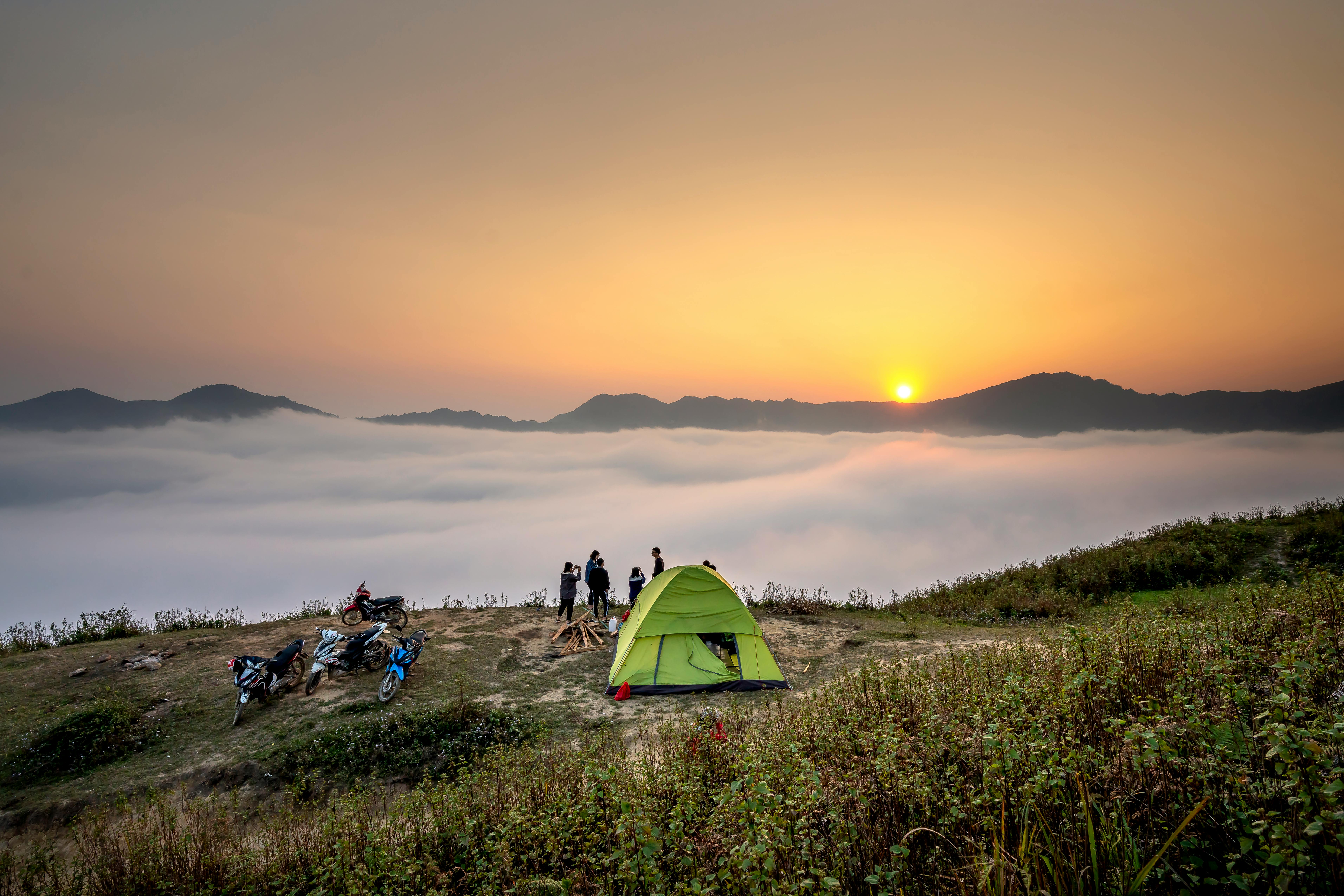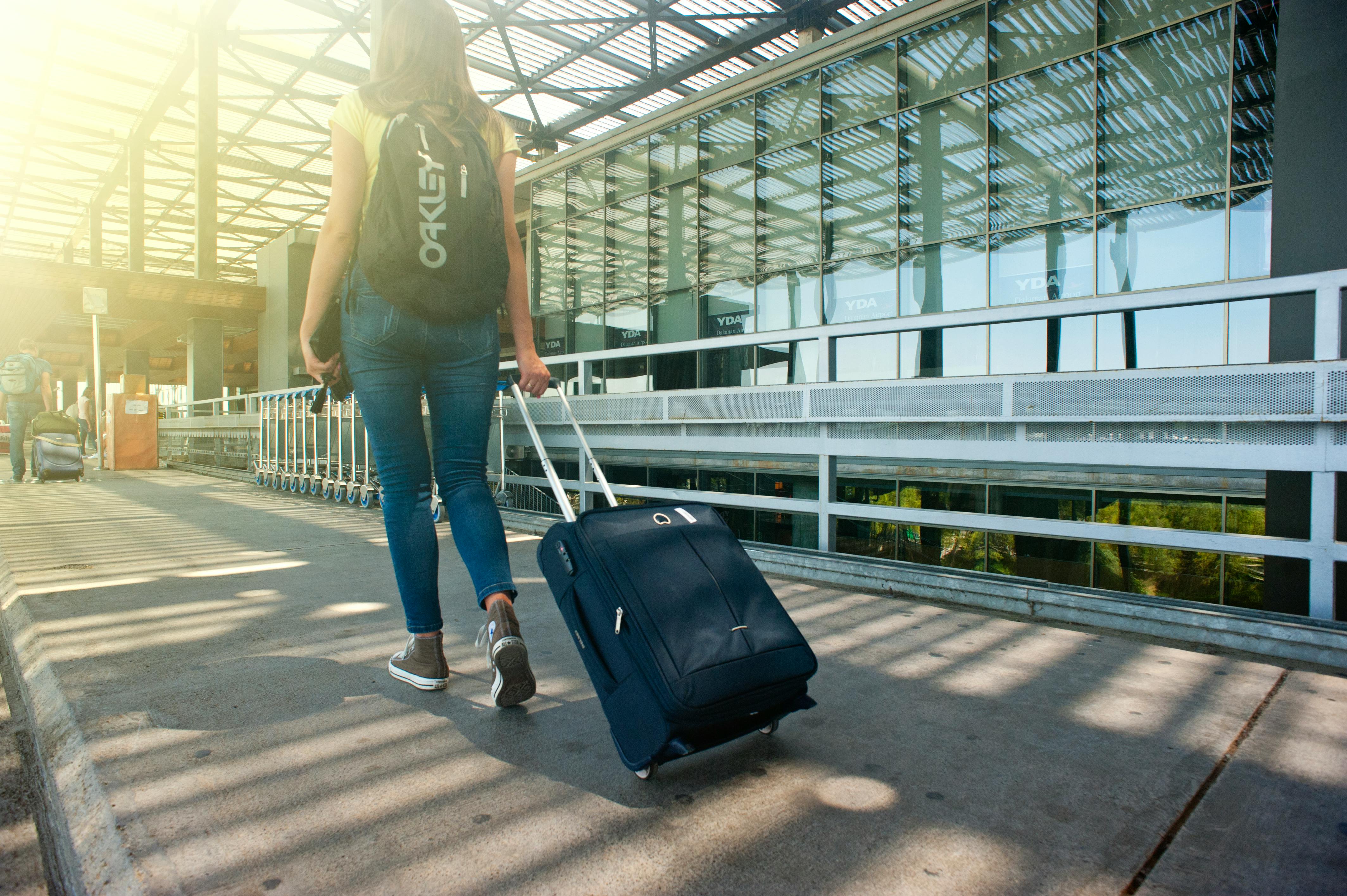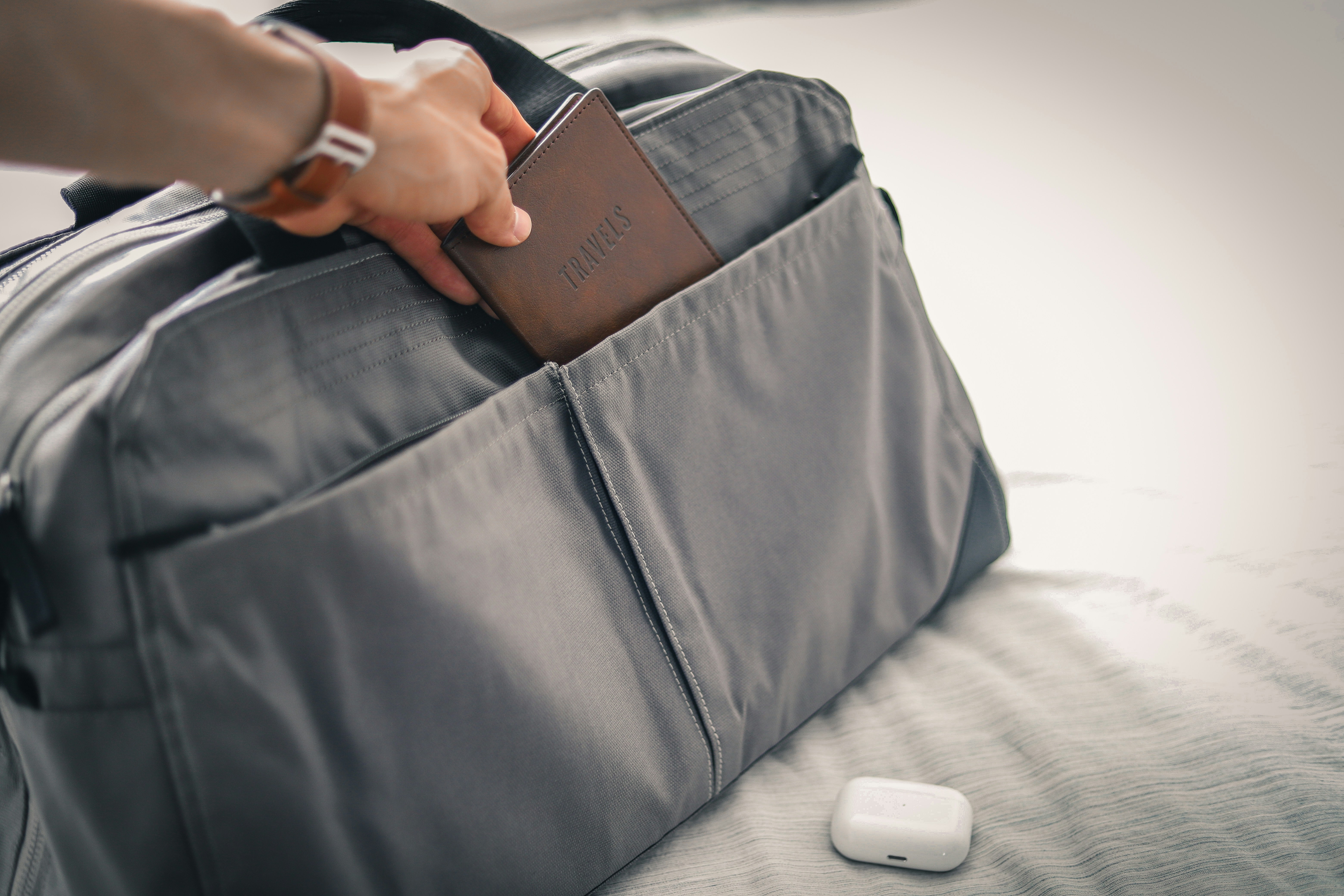Budget-Friendly Camping Tips and Tricks to Save Money on Your Next Trip

Camping is one of the most affordable ways to enjoy the great outdoors, but like any trip, the costs can add up if you’re not careful. Whether you’re a seasoned camper or a first-timer, these budget-friendly tips and tricks will help you save money on your next camping adventure without sacrificing comfort or enjoyment.
1. Choose the Right Location
Location is key when it comes to camping on a budget. National forests and Bureau of Land Management (BLM) areas often offer free or low-cost camping sites compared to national parks. Additionally, some state parks and local campgrounds provide affordable options. Research your destination ahead of time to find the best deals, and consider camping in lesser-known areas to avoid higher fees.
2. Go During the Off-Season
Camping during the off-season can save you a significant amount of money. Peak season usually coincides with summer and major holidays, when prices for campsites and amenities skyrocket. Plan your trip for early spring or late fall when the weather is still pleasant, but the crowds—and prices—are much lower.
3. Borrow or Rent Gear
Investing in camping gear can be expensive, especially if you’re new to the activity. Instead of purchasing everything upfront, consider borrowing gear from friends or family. Many outdoor retailers also offer gear rentals, which is a cost-effective way to get high-quality equipment without the commitment. If you plan to camp regularly, start with the basics and gradually build up your collection.
4. DIY Your Camping Equipment
Get creative and save money by making some of your own camping gear. Simple DIY projects like a homemade fire starter, a tarp shelter, or a makeshift camp stove can be fun and budget-friendly. There are plenty of online tutorials and resources to guide you through the process, and you’ll have the satisfaction of knowing you made something useful for your trip.
5. Plan Your Meals Ahead of Time
Food is one area where costs can quickly add up, especially if you rely on convenience items or eat out. To keep your budget in check, plan your meals ahead of time and prepare as much as you can before you leave. Opt for easy-to-cook meals like pasta, rice dishes, and canned beans, and bring along snacks like trail mix, granola bars, and fruit. Buying groceries in bulk and portioning them out for your trip can also help you save money.
6. Camp Close to Home
While it’s tempting to venture far away for a camping trip, staying closer to home can save you money on gas and reduce wear and tear on your vehicle. Look for local campsites or state parks within a short drive, or even consider camping in your own backyard for a budget-friendly option that still offers the thrill of an outdoor adventure.
7. Use a Camping Checklist
One of the easiest ways to overspend on a camping trip is by forgetting essential items and having to buy them last minute at a premium price. Avoid this by creating a camping checklist that includes everything you need, from gear to food to first aid supplies. Check off items as you pack to ensure you don’t leave anything behind. This simple step can save you both time and money.
8. Limit Paid Activities
Many campsites offer paid activities like guided tours, boat rentals, or entrance fees to nearby attractions. While these can be enjoyable, they can also add up quickly. Instead, focus on free or low-cost activities such as hiking, swimming, fishing, or simply exploring the natural surroundings. Bring along a deck of cards, a good book, or some outdoor games to keep everyone entertained without spending extra money.
9. Pack Light and Efficiently
Overpacking can lead to unnecessary expenses, such as having to buy a larger tent or paying extra for storage. Pack only what you need and focus on versatile items that can serve multiple purposes. For example, a lightweight tarp can be used as a ground cover, shelter, or rainfly. Packing efficiently not only saves money but also makes your camping experience more enjoyable.
10. Stay on Top of Campground Fees and Regulations
Before you head out, make sure you’re aware of any fees associated with your campsite and the rules and regulations that apply. Some campgrounds offer discounts for seniors, veterans, or residents, so be sure to inquire about any potential savings. Additionally, many places have regulations about fires, waste disposal, and wildlife interactions—following these guidelines can help you avoid costly fines.
Final Thoughts
Camping is a wonderful way to connect with nature and unwind without breaking the bank. With a little planning and creativity, you can enjoy a budget-friendly camping trip that leaves you with great memories and a few extra dollars in your pocket. So, pack your gear, hit the road, and embrace the simple joys of camping without worrying about the cost!







Post Comment